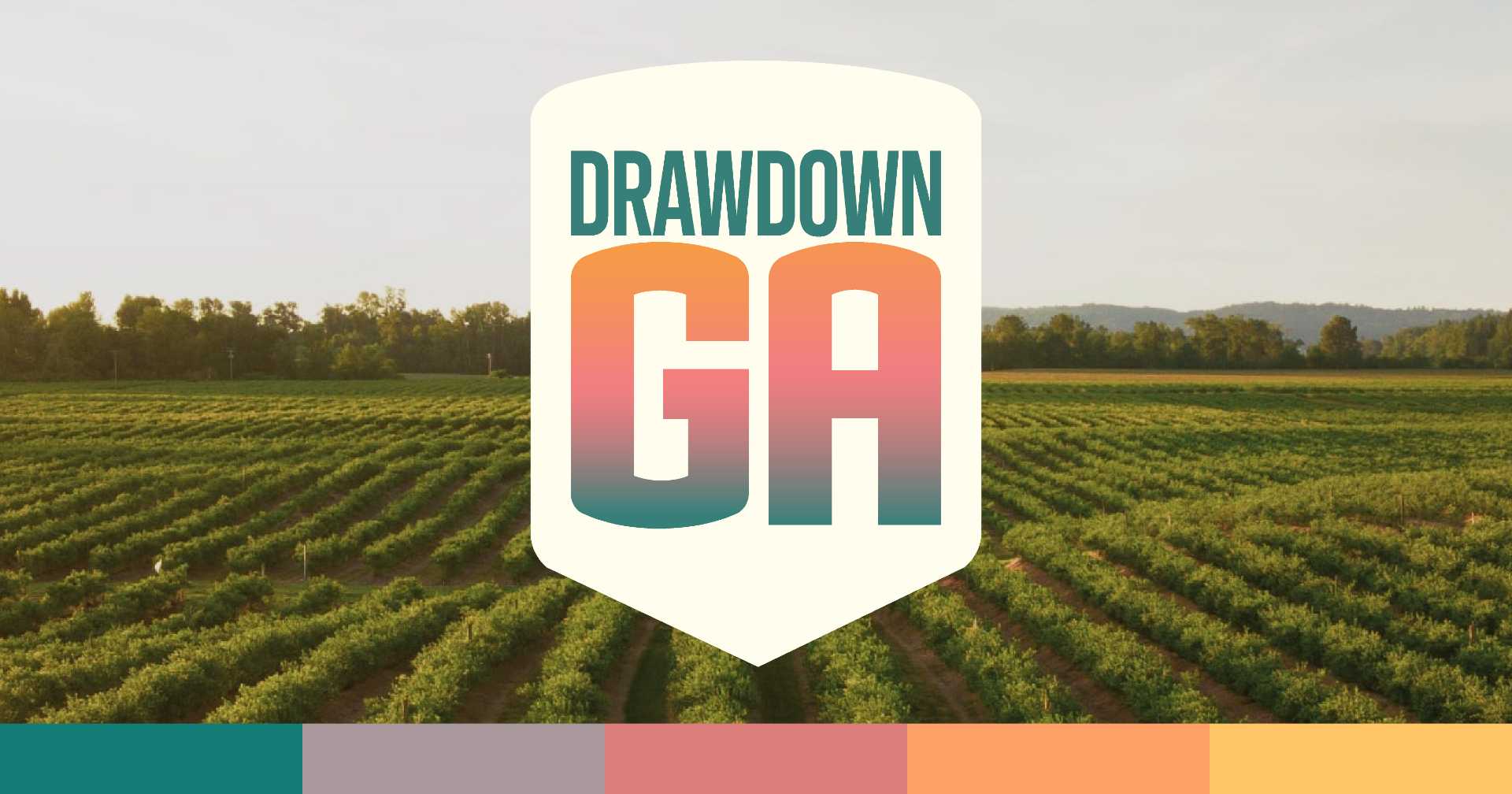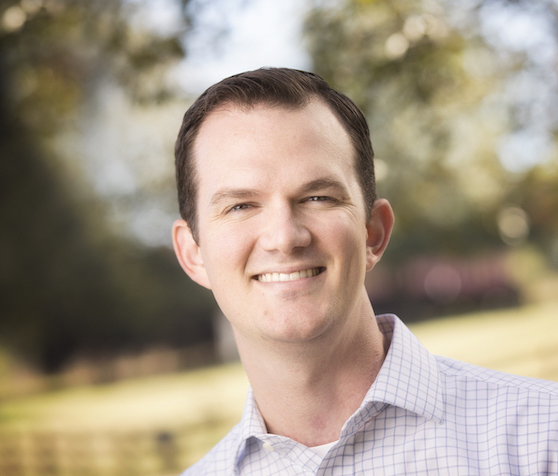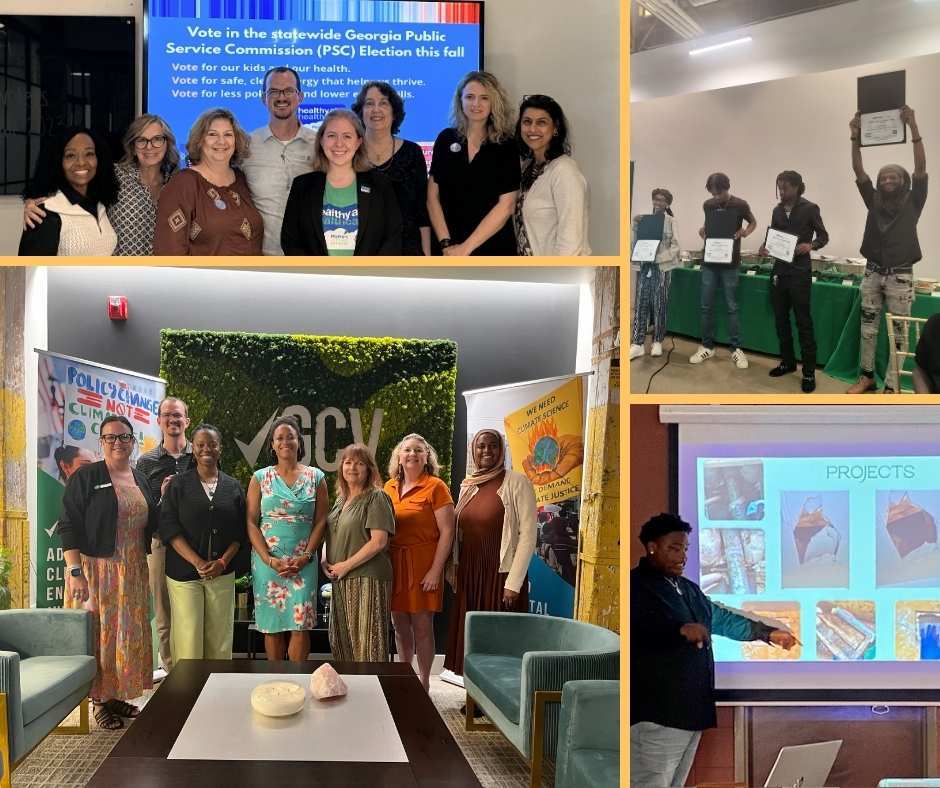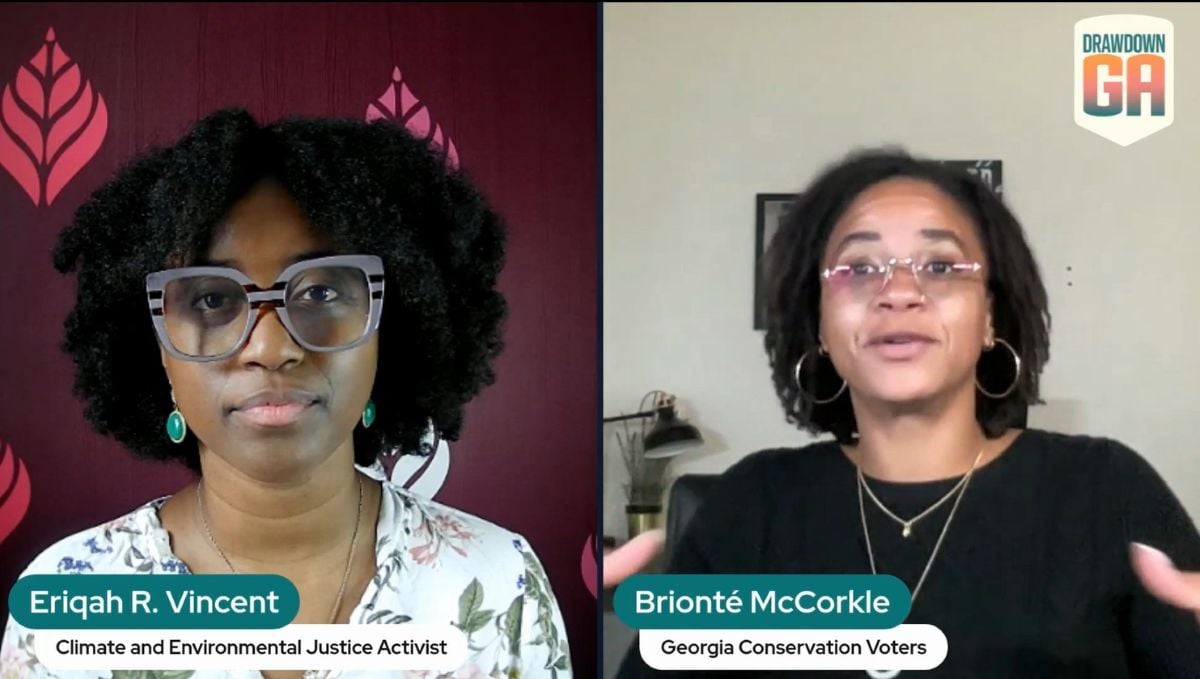I read Paul Hawken’s 2007 book Blessed Unrest more than six years ago, but it is one of those books that often echoes in my thoughts. As Hawken usually does, he saw something before others noticed and then wrote a book about it. In Blessed Unrest, the something he saw was a growing worldwide movement around social and environmental justice and activism.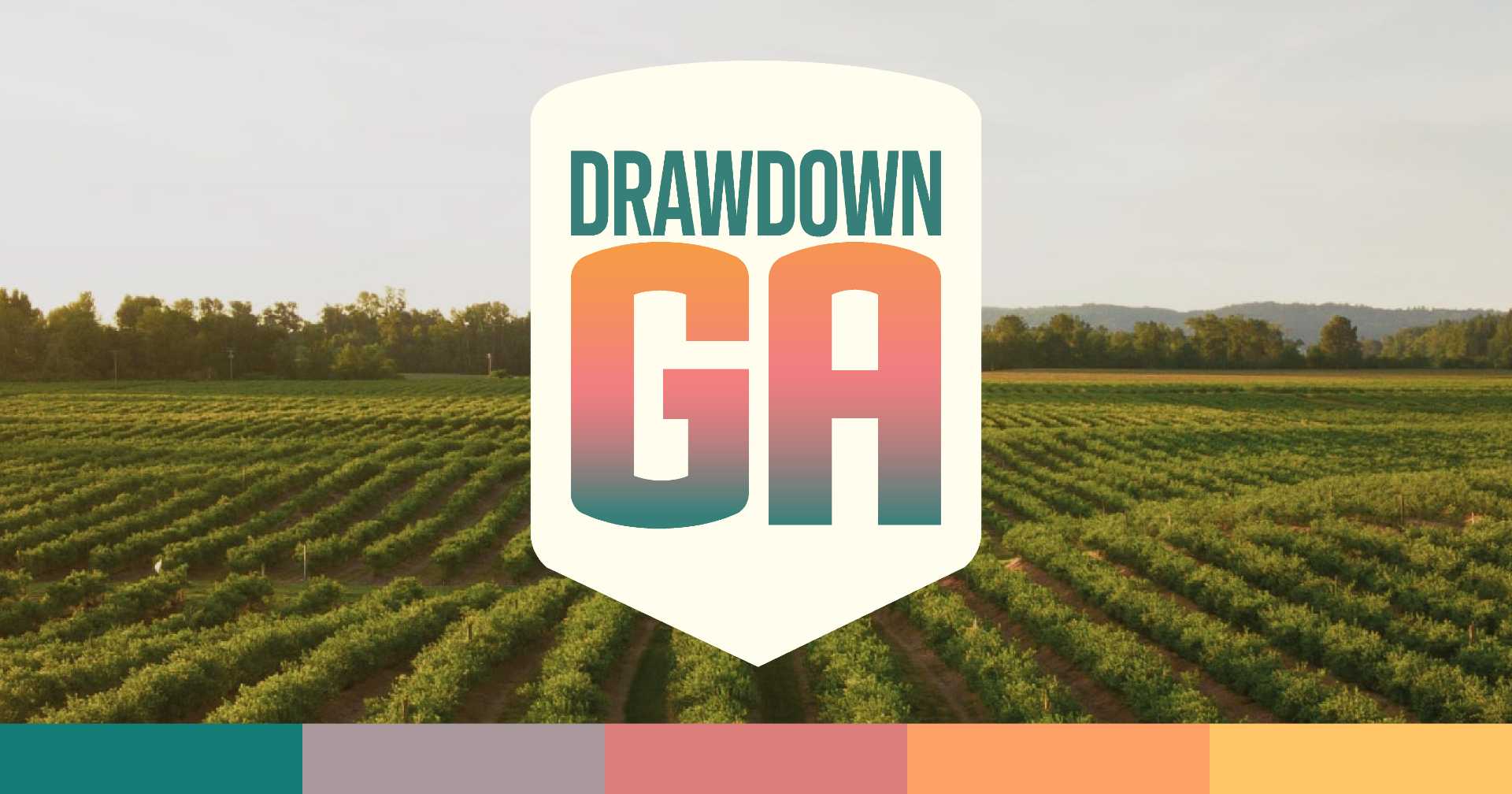
What I found most interesting about Hawken’s observation was how this movement was simultaneously local and global. The vast majority of organizations and initiatives that were arising to address social and environmental challenges were doing so with a community-scale focus. The result was that most work was being done in local contexts. Yet when viewed with the perspective that Blessed Unrest offers, you cannot help but see how a leaderless global movement has formed, with many commonalities shared across geographies and issue types. The movement has become a compelling mosaic.
This observation is what echoes in my mind when I reflect on the challenge of climate change. The connective tissue between the global and the local is of critical importance to this particular challenge. We see it in the problem itself – excessive greenhouse gases are being emitted in specific places all around the globe, and the result is a distortion in the climate that we all share. Flipping that coin over, the solutions exist at the same intersection between global and local. Climate solutions only scale where they are, but if they scale far enough, fast enough, and widely enough, our planet’s climate will stabilize. Few issues represent what Blessed Unrest described as well as this one.
It is in this context that I am proud to be a part of the creation of Drawdown Georgia, a multi-stakeholder collaborative working to scale climate solutions in the state of Georgia. Inspired by Project Drawdown’s efforts to research and advocate for global climate solutions (another Paul Hawken echo, as he founded Project Drawdown), we wanted to create a similar effort, but at the scale of Georgia. Our foundational question was simple – what climate solutions have the greatest potential to reverse global warming right here in our state? That question has now been answered by a team of researchers from some of Georgia’s most esteemed universities.
The research is just a starting point though. I believe that Drawdown Georgia is the lens through which climate action will happen in our state, portraying our own mosaic of climate champions from tree farmers to business executives to equity advocates. Georgia can become carbon neutral, but it will take all of us working to scale solutions far enough, fast enough, and wide enough. In doing so, we can advance equity, capitalize on inclusive economic development opportunities, heal our local environments, and improve human health.
Georgians cannot solve climate change by ourselves, but we can absolutely do our part. As Ray C. Anderson was fond of saying, “Brighten the corner where you are.” Georgia is our corner, our home, and it is a good one. We will brighten it by making Georgia one of the leading states for climate solutions, and we will do so because it is good for Georgians! Hopefully, it will inspire other states to join in, with all of us collaboratively competing to reach carbon neutrality first. And it will be local leadership like this that is necessary to solve a global challenge as daunting as climate change.


